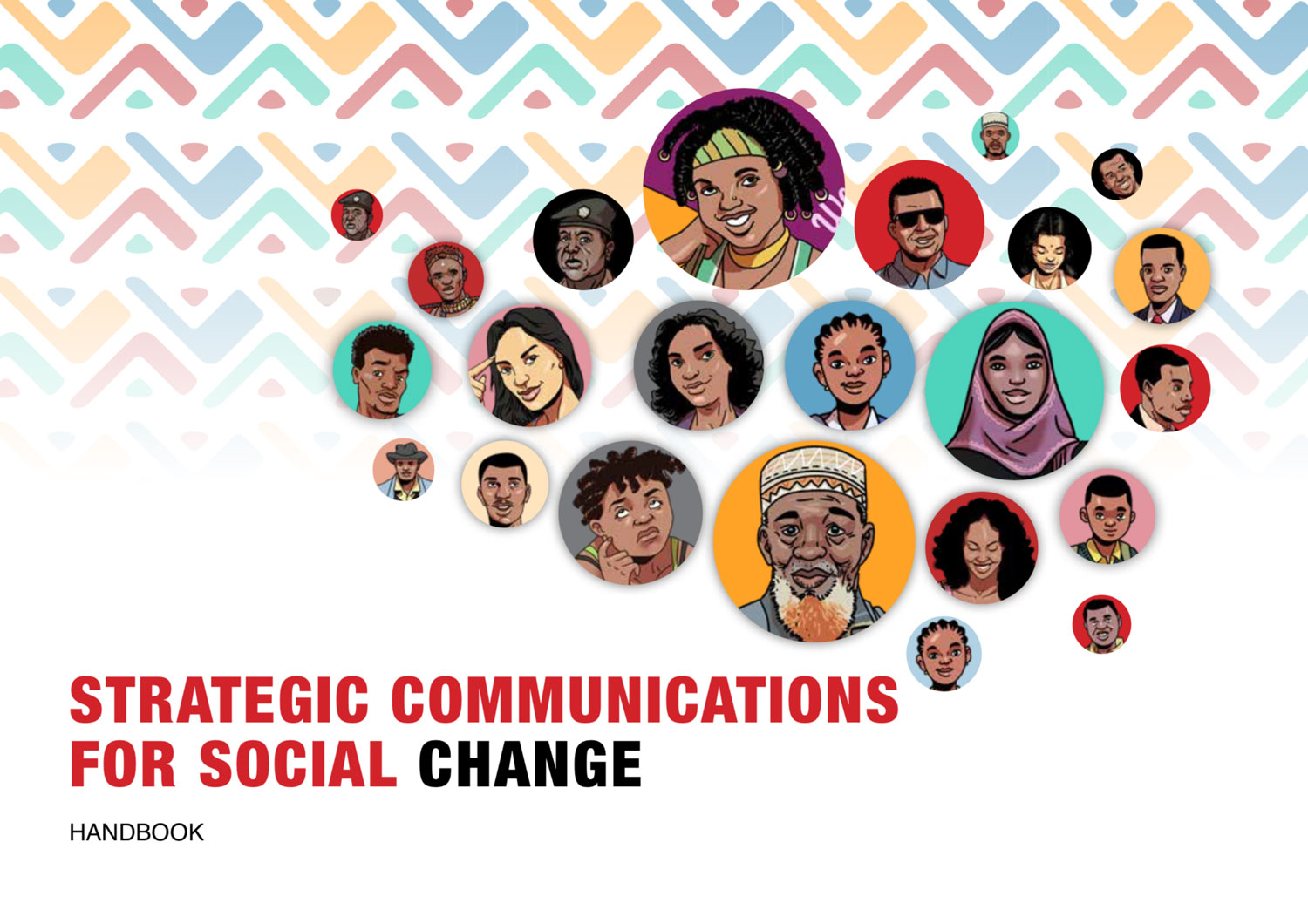Donald Trump believes that climate change was “created for and by the Chinese” and just signed an executive order putting an end to the ‘war on coal‘. Despite the consensus within the global scientific community that climate change is triggered by human activity, many people simply do not buy it. A new book that explores “the myth gap” explains that evidence and arguments (on their own) are not enough. Closer to home, persuasion is not just for salespeople; you may have to persuade donors to fund your amazing intervention, to persuade your boss to take on your brilliant idea or even persuade an entire community to adopt new behaviours.
When I practiced law, my mentor would always remind me of the difference between having a good case and making a good case. Litigators know that you can lose even when the facts are on your side. When your job is persuading the judge and winning the case, you do more than just putting the facts out there and letting the chips fall as they may. This episode of the Harvard Business Review podcast that argues “slide deck presentations do not have to be terrible” got me thinking about the number of times I have sat through presentations where I felt ‘assaulted’ by data. At the end I was convinced that the data was probably right, but I wasn’t persuaded to do what the presenter was asking. And I didn’t think more of them after they’d dished out an evidence based punishment beating. Facts and data are an important part of your persuasion strategy but you simply cannot have the impact you need with facts alone.
Aristotle’s three modes of persuasion: ethos (the credibility of the speaker), pathos (emotional connection), and logos (logic or reason) work best in concert. Using emotion, along with data, to make your case is a more effective strategy but you can’t get off first base without establishing credibility first. Deciding which emotion to deploy in your attempt to persuade depends on the situation. You have a lot of options: do you want to make them angry about social injustice, do you use humour to make them engage, do you want to inspire and make them feel a sense of awe? The goal in appealing to emotion is to create a connection with your audience that makes them receptive to your logical message and rational case. If you can do that your audience will be more likely to understand where you are coming from, accept what you are saying and, most importantly, do what you are asking of them.
We still have a way to go on climate change but we can learn from it already. If your argument is watertight and you are still not persuading your listeners, it’s time to appeal to their hearts, as well as their minds.
Aisha Onsando is an Associate at Well Made Strategy, part of the Well Told Story group
She tweets as @AishaOnsando




